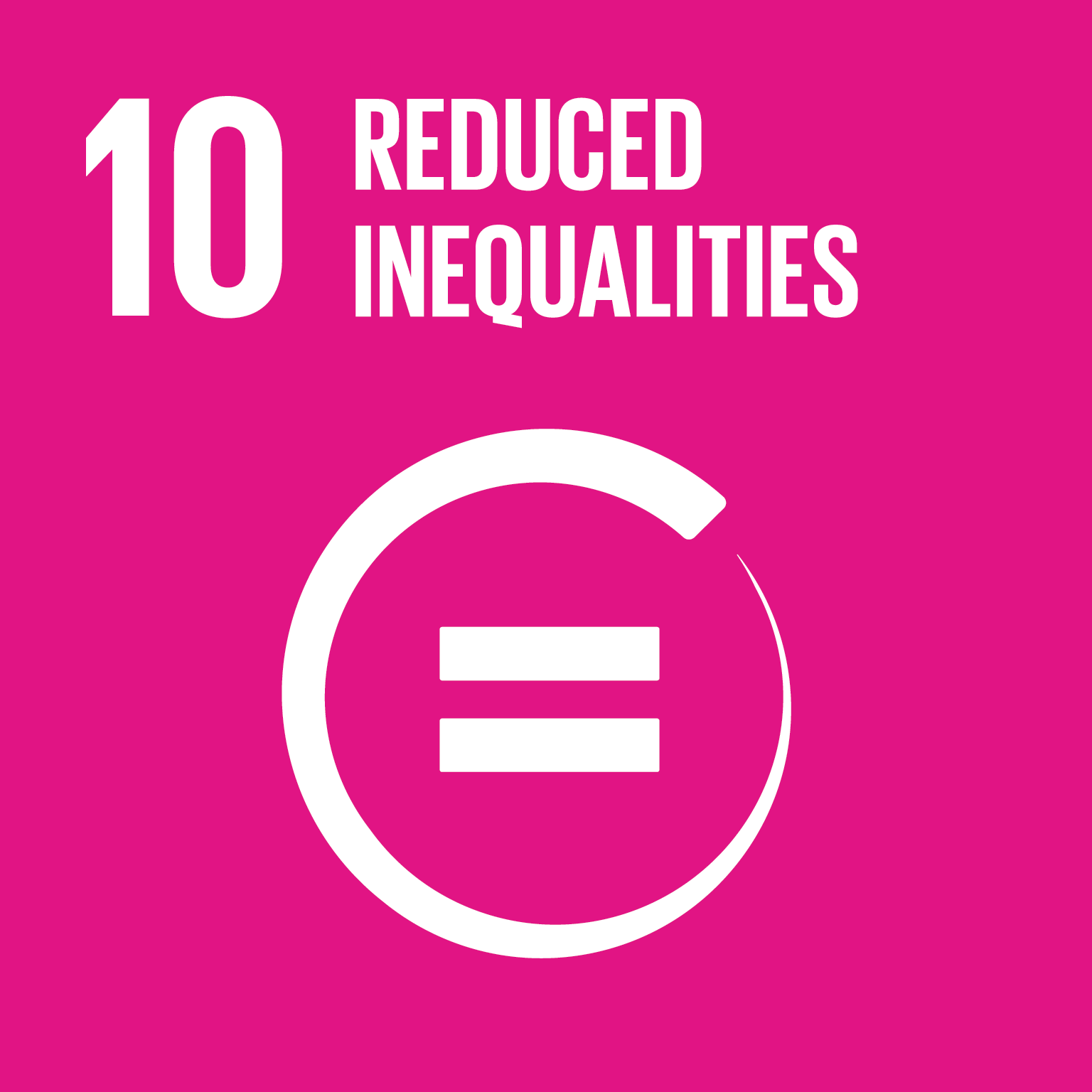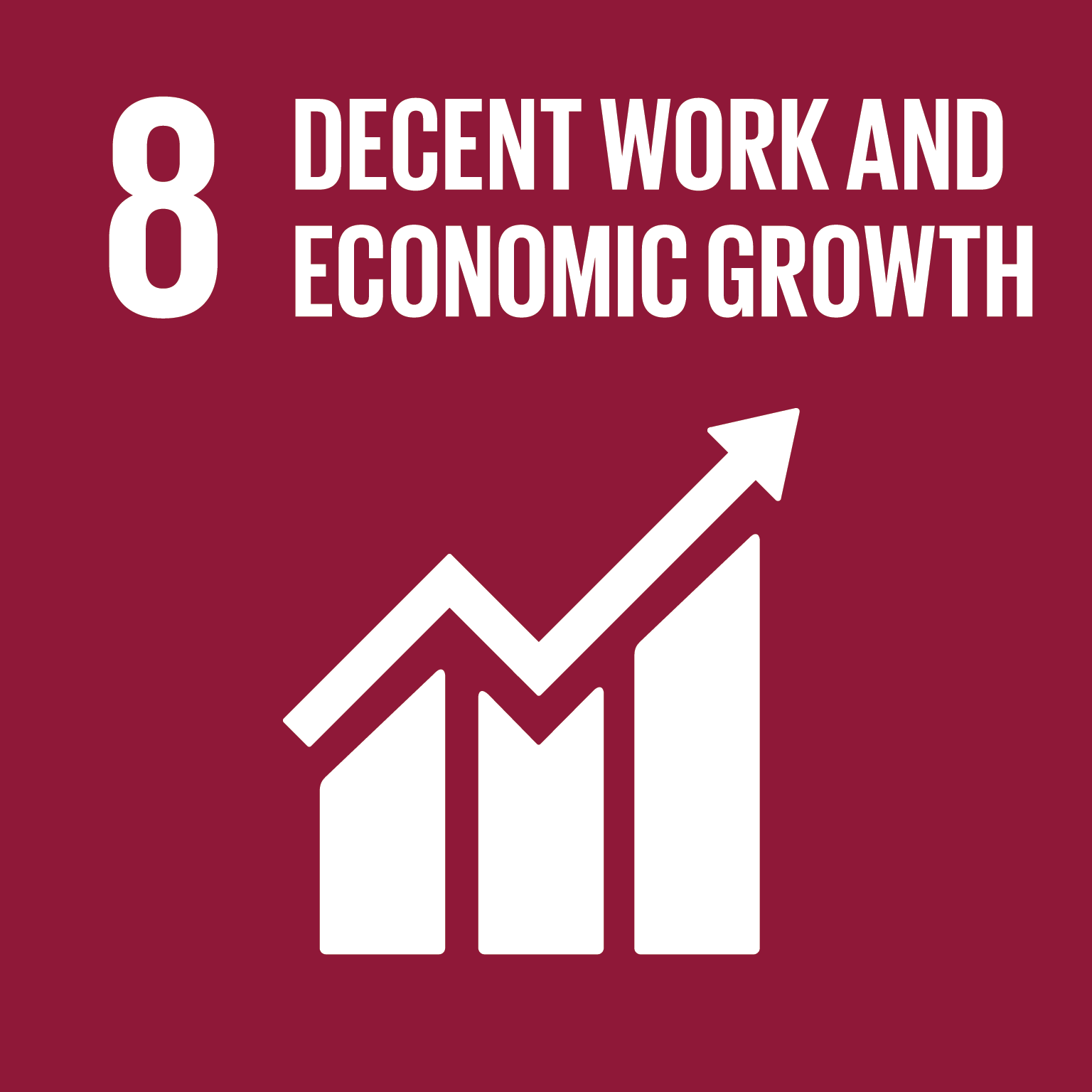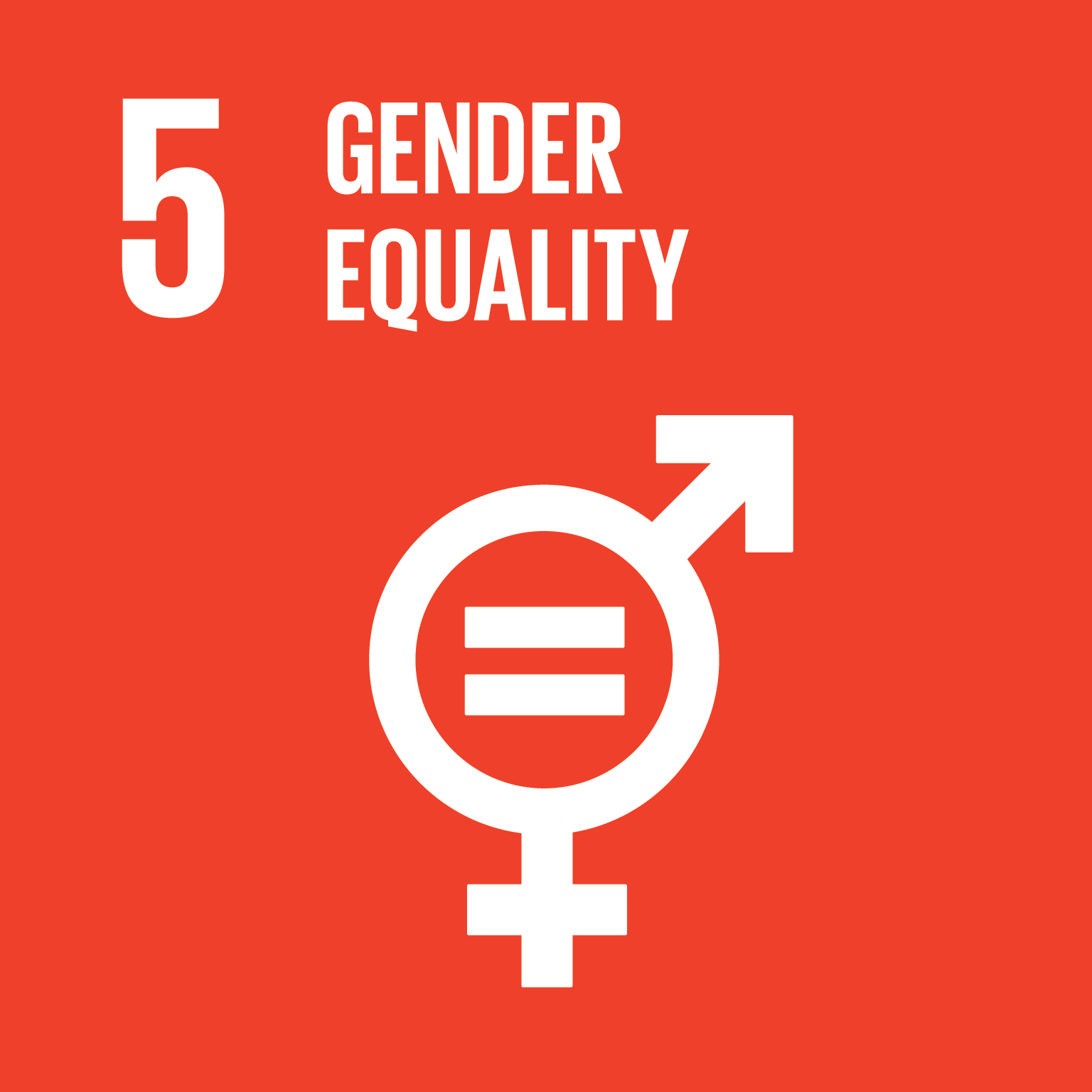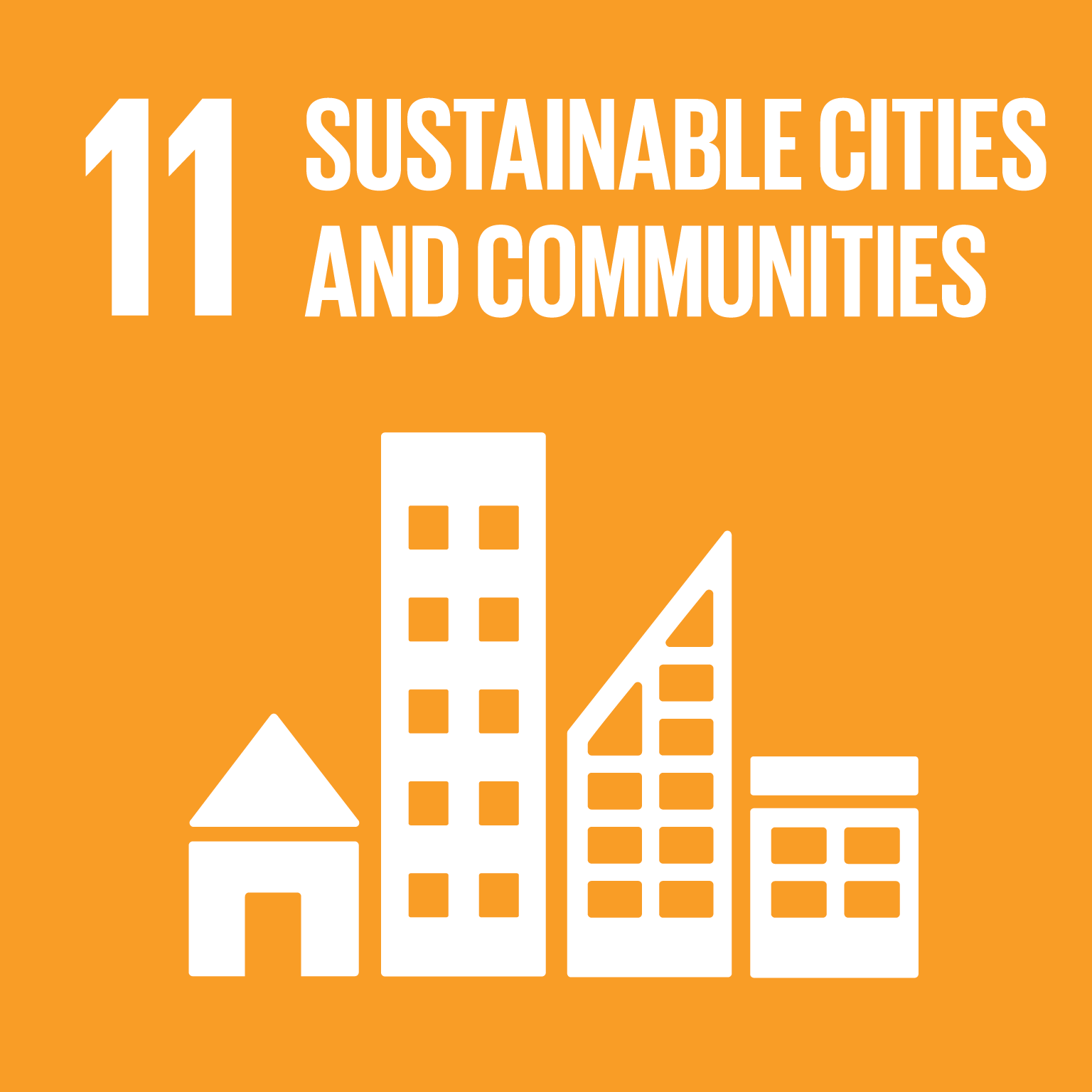



 More Geneseo students study abroad during their college years than students on any other SUNY campus.
More Geneseo students study abroad during their college years than students on any other SUNY campus.
The percentage of students completing their humanities requirement, enrolling in courses or experiencing service-learning internationally varies by year, says Assistant Provost for International Programs Rebecca Lewis, but approximately 38 percent of Geneseo’s 5,480 undergraduates do so at some time during their studies at Geneseo.
SUNY Oswego is the next highest, at 24 percent, according to SUNY data.
“We are living in a global society, and what students are seeking in a college experience includes comprehensive global education,” says Lewis. “More students are weighing international opportunities when choosing as well. Geneseo has many diverse programs, many led by faculty, and we are constantly evaluating and creating programs.”
Twenty years ago, studying and living in a foreign culture was more of a novelty. In 1990-1991, just 70 Geneseo students did so. By 2000, there were 130. Last year, 445 students packed a passport. Study abroad information sessions during Parents Weekend typically attract 400 parents.
A main reason so many Geneseo students study abroad is the support from administrators and professors who believe global education is integral to a comprehensive liberal arts education, says Lewis.
Geneseo students have 43 different programs on five continents available, directly through the college or a partnering institution. More than half of Geneseo’s programs are faculty-led. This summer, professors are leading students on first-time programs in Poland, Lithuania and China.
Such transformative experiences give students confidence, skills and deeper understanding of global issues and cultures.
Allison Hoppe ’13 was among the first Geneseo students to participate in a new service-learning program in Uganda last summer, led by Lecturer of Political Science and International Relations Jeremy Grace and the Foundation for Sustainable Development.
Hoppe was part of a small team of students that helped a savings and microfinance cooperative develop a sustainable program to generate more money to loan. The co-op focuses on serving single, widowed and HIV-positive women through low-interest loans.
“It has made a big difference for them,” she says. “The idea that going to another country and doing development work seems daunting and overwhelming … Having done this, it’s possible and something I feel comfortable and excited doing. You can’t do something like that and not have it be a life-changing experience.”
— By Kris Dreessen